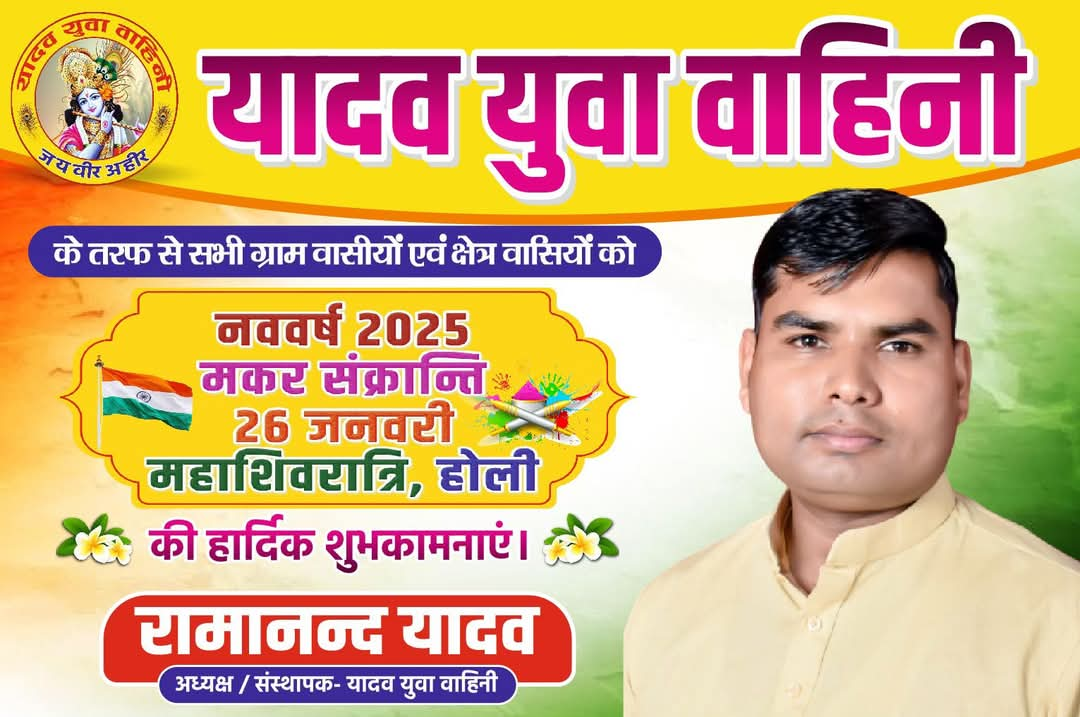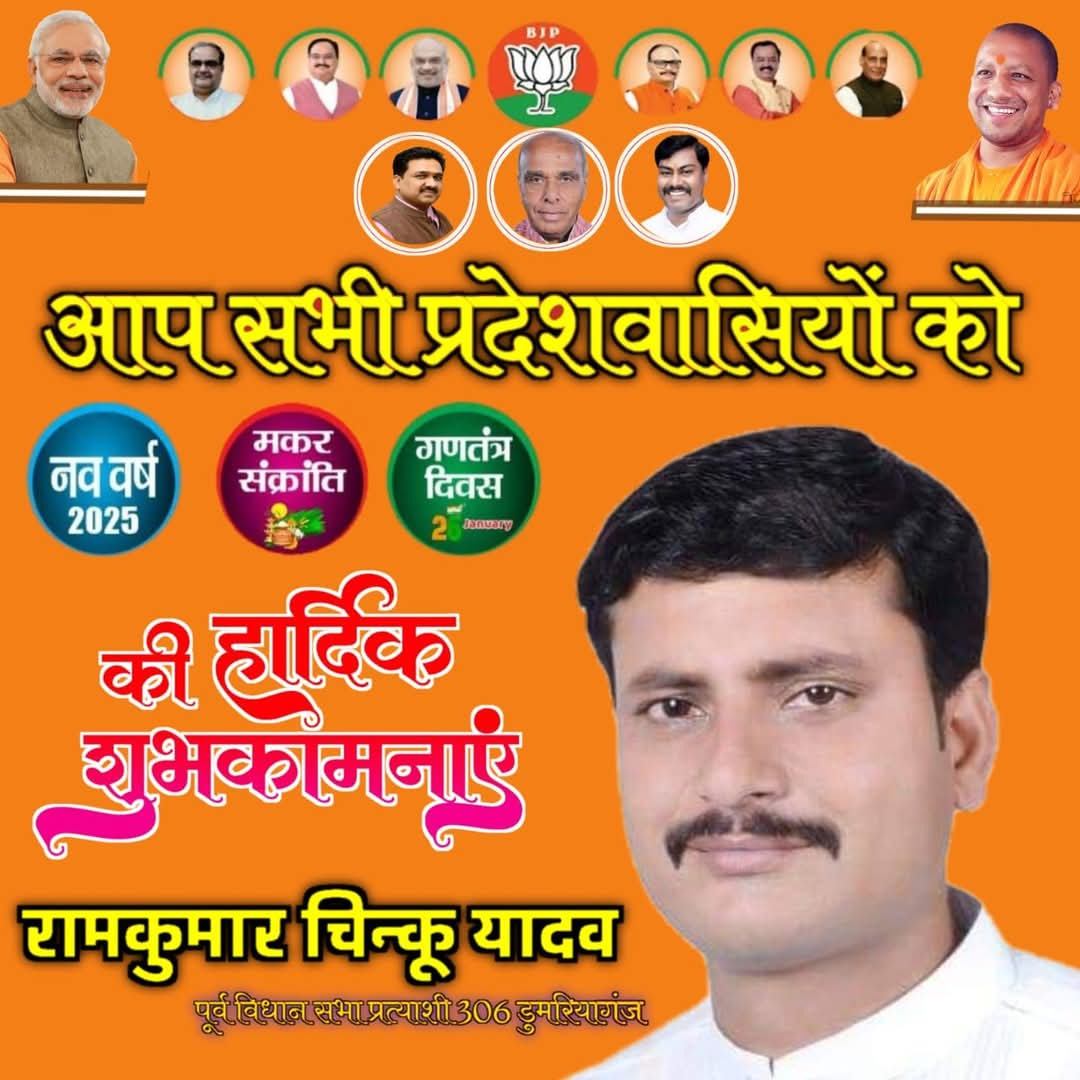With a minority of the 7.23 crore applicants submitting documents to prove their eligibility so far, and Bihar’s draft electoral roll set to go live Friday, the Election Commission (EC) is weighing a new plan — deploying its own machinery to help issue the necessary papers, The Indian Express has learnt.
The poll watchdog has asked District Magistrates, who are also District Election Officers (DEOs), to get Assistant Electoral Registration Officers — usually Block Development Officers acting as AEROs — to use existing government databases to verify eligibility and issue documents, sources said.
Specifically, officials will be directed to refer to the Vikas Register maintained under the Bihar Mahadalit Vikas Mission, which contains household-level details of Scheduled Caste families. This register will be used to issue caste certificates to all members of a family. In addition, land ownership records, or khatiyan, will be used to issue residence or identity certificates for entire families. Caste certificates are among the 11 documents listed by the EC that electors can submit to prove their eligibility (age and citizenship) for inclusion in the final electoral roll. While the residence certificate is not listed by the EC, Booth Level Officers have been asking electors to have them made for the SIR drive. The EC order says the list is indicative, not exhaustive.
Story continues below this ad
Camps will be held at the offices of Block Development Officers (BDOs) to facilitate electors in getting documents made using existing records, according to EC and state government officials who spoke on condition of anonymity. Apart from that, the EC has already announced that volunteers would be deployed to help electors obtain the documents.
According to sources, the EC expects that of the 7.23 crore people who have submitted enumeration forms, about half will fall under the exemption granted to electors listed on the 2003 electoral roll. Under this exemption, voters who figured on the 2003 rolls are not required to submit documentary proof of eligibility and their children can submit that extract as proof for their parents, but would have to submit a document for themselves. The year 2003 has been designated in Bihar as “probative evidence of eligibility”, meaning those on the roll that year, when the last intensive revision was conducted, will be presumed to be Indian citizens unless proven otherwise.
For the remaining applicants, the EC hopes to include them in the final electoral roll — scheduled to be published on September 30 — through these special measures being planned to expedite the issuance of documents.
In a message to Bihar electors shared on social media on Thursday, Chief Election Commissioner Gyanesh Kumar said the draft roll would be published online and given to all recognised parties on Friday. “The CEO of Bihar and 243 EROs will also be inviting any elector of that Assembly constituency or any recognised political party in Bihar to come forward and give claims and objections from August 1 to September 1, 2025, for adding names of any missing eligible elector, removing names of any ineligible elector or correction of any entry in the draft electoral rolls,” he said.
Story continues below this ad
On June 24, the EC had passed an order to conduct a Special Intensive Revision for the country, starting with Bihar, where Assembly elections are due by November. As opposed to the usual annual Special Summary Revision and pre-election revisions, this time the EC ordered the rolls to be prepared afresh — all existing 7.89 crore electors were required to submit new enumeration forms by July 25 in order to make it to the draft roll. For those who became electors after January 1, 2003, when the last intensive revision was carried out, the EC has asked for additional documents from a list of 11 to establish the date and/ or place of birth of the electors and one or both of their parents, for those born after July 1, 1987.
For those on the 2003 electoral roll, an extract of that roll would suffice as proof. For those added after 2003, if their parents were on the 2003 roll, they can submit that extract as proof for their parents but would have to submit a document for themselves. The 11 documents listed by the EC include birth certificate, caste certificate, passport, educational certificate, family register, and land/ house allotment certificate issued by the government.
The SIR order has been challenged in the Supreme Court through a batch of petitions filed by activists and Opposition leaders. The court had asked the EC to consider allowing Aadhaar, ration card, and its own Voter ID card as documentary proof, but the Commission has not accepted the suggestion. The matter is scheduled to be heard on August 12 and 13, after the publication of the draft roll but before the scheduled publication of the final roll on September 30.
At the close of the first phase of the SIR, the EC said on July 27 that 7.23 crore forms had been received out of the total 7.89 crore electors and around 65 lakh names were set to be removed from the rolls, as the electors were found to have died, permanently shifted, registered in more than one place, or untraceable.
Story continues below this ad
The Commission had said that 22 lakh electors were found to be deceased, 36 lakh had permanently shifted or were not found by the BLOs, and 7 lakh were enrolled in multiple places. However, the Commission said the “exact status of these electors will be known after scrutiny of these forms by ERO/AERO by August 1, 2025. However, genuine electors can still be added back in electoral rolls during the claims and objection period from August 1 to September 1, 2025. The name of the electors found enrolled at multiple places in electoral rolls will be retained only at one place.”
























महिला सांसदों पर अशोभनीय टिप्पणी का विरोध: महोबा में गुलाबी गैंग का प्रदर्शन, राष्ट्रपति को भेजा ज्ञापन – Mahoba News